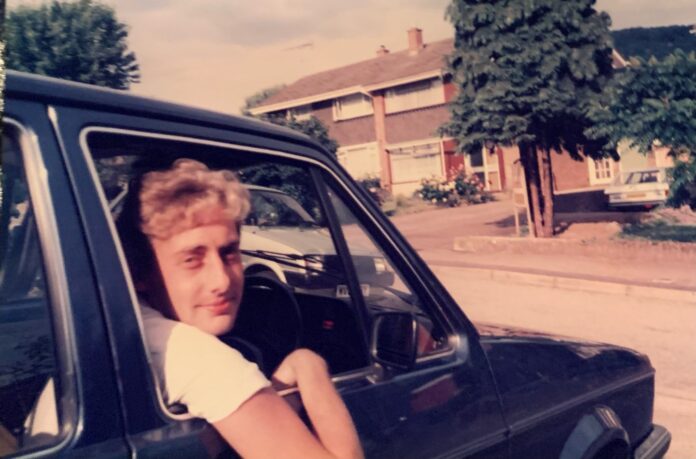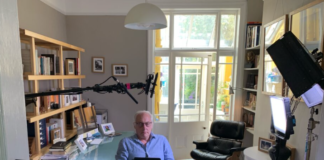- Torode to nowhere part one - 18th July 2025
- Cooking up trouble - 17th July 2025
- Numberless - 16th July 2025

During a 23 year career with the BBC, and 38 years in journalism, (when he was trained to use clear and simple language, avoiding jargon), our Editor Phil Parry, has always understood ease of travel was vital, and as families today return from a long weekend break, here he looks at how that central role may now be changing.
Earlier he has described how he was assisted in breaking into the South Wales Echo office car when he was a cub reporter, recalled his early career as a journalist, the importance of experience in the job, and made clear that the ‘calls’ to emergency services as well as court cases are central to any media operation.

He has also explored how poorly paid most journalism is when trainee reporters had to live in squalid flats, the vital role of expenses, and about one of his most important stories on the now-scrapped 53 year-old BBC Wales TV Current Affairs series, Week In Week Out (WIWO), which won an award even after it was axed, long after his career really took off.
Phil has explained too how crucial it is actually to speak to people, the virtue of speed as well as accuracy, why knowledge of ‘history’ is vital, how certain material was removed from TV Current Affairs programmes when secret cameras had to be used, and some of those he has interviewed.

He has disclosed as well why investigative journalism is needed now more than ever although others have different opinions, how the current coronavirus (Covid-19) lockdownis playing havoc with media schedules, and the importance of the hugely lower average age of some political leaders compared with when he started reporting.
For any journalist ease of travel is hugely important.
You need to reach a job very quickly and easily (in order to file copy about what is happening), as well as return speedily to the newsroom.
When I started, using public transport was almost NEVER an option, so I would have to travel to the job by car, to be sure of meeting the deadline.
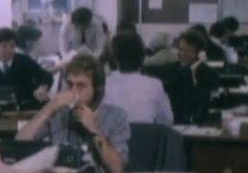
This was 1983, when it was a LOT easier to buy a house (which I did three years later), and the wealth gap between young and old was a far LESS pressing issue!
Now though, this salient fact, could be overturned.
If electric vehicles (EV) are used, you might have to ensure there are charging points en route.
Increased congestion also brings with it problems for all road-users.
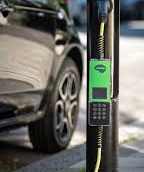
In 2020 (despite the pandemic) 280.5 billion vehicle miles were driven on the UK’s roads.
However in 1952, less than 30 per cent of distance travelled in the UK was by car, van or taxi. 42 per cent was by bus or coach, and 17 per cent by train.
But as people got richer and cars got cheaper, the picture changed rapidly.

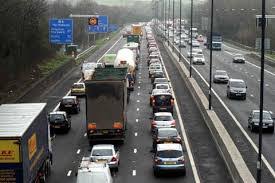
By 1970, three-quarters of all passenger kilometres were by private vehicle. The proportion reached 85 per cent in the late 1980s and has stayed roughly constant since then – as has the total distance driven each year.
Yet for journalists particularly this increased congestion, and a possible reduced use of the car could undermine a long tradition, which sometimes was set against a background you wouldn’t normally want to publicise (until now!).
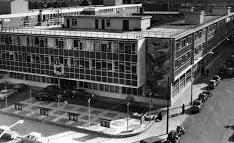
I remember as a young cub reporter on The South Wales Echo (SWE), I was sent out to cover a story in Cardiff’s Ely district, and used the office pool car.
Ely was then an area with a reputation for having a high crime rate, and in the mid 1980s the police were on constant patrol.
Unfortunately after covering the story, I locked my keys in the ‘Echo car’ and I had no way of getting back to the office.
This car was a clapped out old Ford Fiesta, and it could be used instead of our own. The management liked that because it meant we couldn’t charge mileage.
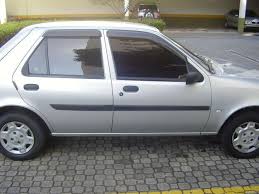
A small group gathered round me, staring like I was, at the car keys in the steering column with the door lock firmly in the ‘down’ position.
One of them mumbled: “I can sort that out for you”. He looked around furtively, checking to see whether anyone apart from me could see, and he gestured to one of his mates in the group.
This young man then disappeared and came back after a few minutes with what looked like a clothes hanger which he gave to his friend.
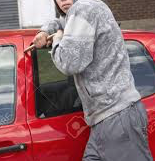
The original person, and leader of the group (as he seemed) then bent back the top of the car door, and used the ‘coat hanger’ which had been brought by his friend, to dip inside and pull up the lock. It was obviously something he was used to doing in other circumstances!
I thanked him profusely, pretending I had no idea how he used that trick normally, and drove back to the SWE newsroom.
“All OK?” asked my News Editor Stuart ‘Minto’ Minton. “Yes”, I replied staring at the ceiling.
“Nothing happened”…

Tomorrow – how the suffering of animals has been highlighted by the war in Ukraine
The memories of Phil’s decades long award-winning career in journalism (which DIDN’T involve criminal activity!) as he was gripped by the rare neurological condition, Hereditary Spastic Paraplegia (HSP), have been released in a major book ‘A GOOD STORY’. Order it now!

Publication of another book, however, was refused, because it was to have included names.







